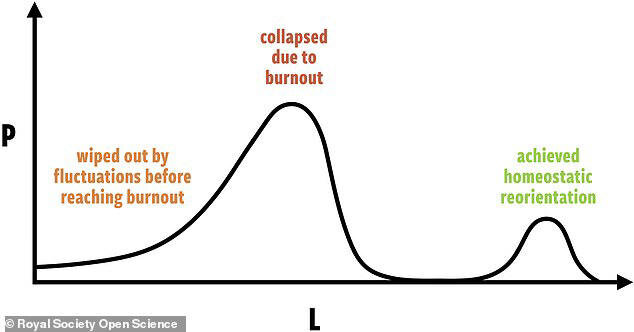Do you think aliens in ufos have visited Earth? (And all things UFO)
Imagine that you are an inhabitant of a planet in the Alpha Centauri system just 4.37 short lightyears away from the Milky Way galaxy and that you're current technology rivals that of Earth. How easy would it be for you to:
A.) Find Earth by whatever means (telescopy in all of its forms including radio telescope)? Earth is a lowly planet in what we know as the Sagittarius Arm of the Milky Way, about halfway from the edge of the galaxy, and the galactic center nowhere near as massive as other planets Earth tech has been able to discern.
2.) Discern what you're hearing/seeing (against the background of universal noise)?
iii.) To know the universe tastes like raspberries?
I think that as observability becomes better (what I have described is just one example, in Fermi's day we did not have the tools we have now) Fermi's paradox seems less paradoxical.
We should note, and many have presented, that there are problems with the Fermi Paradox itself, specifically observability. Here is one brief example:
Imagine that you are an inhabitant of a planet in the Alpha Centauri system just 4.37 short lightyears away from the Milky Way galaxy and that you're current technology rivals that of Earth. How easy would it be for you to:
A.) Find Earth by whatever means (telescopy in all of its forms including radio telescope)? Earth is a lowly planet in what we know as the Sagittarius Arm of the Milky Way, about halfway from the edge of the galaxy, and the galactic center nowhere near as massive as other planets Earth tech has been able to discern.
2.) Discern what you're hearing/seeing (against the background of universal noise)?
iii.) To know the universe tastes like raspberries?
I think that as observability becomes better (what I have described is just one example, in Fermi's day we did not have the tools we have now) Fermi's paradox seems less paradoxical.
